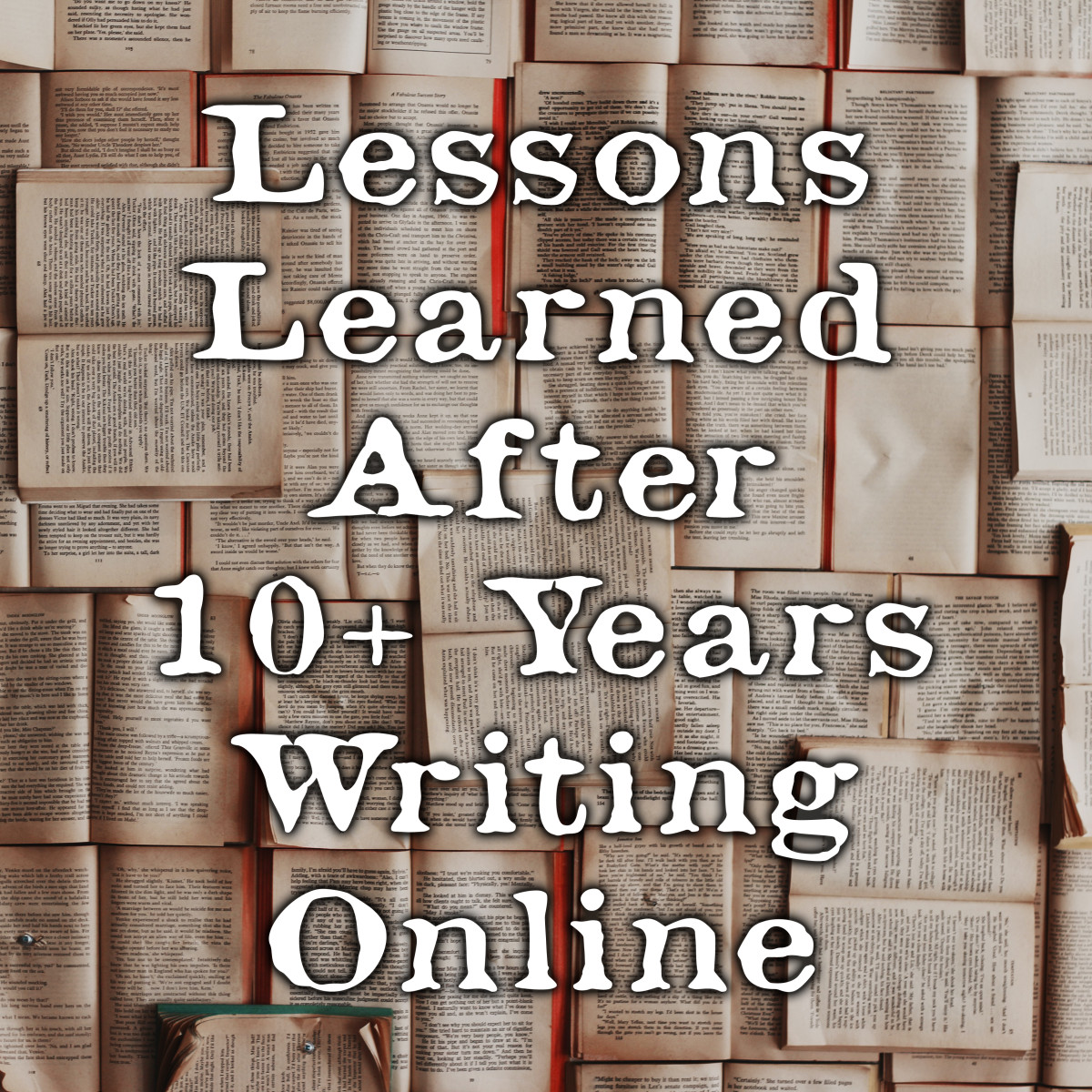How to Write Keyword Rich Articles
When we are, writing articles online either for personal use or business we need to understand the ideas behind keywords. These keywords that we place in articles, websites, or other forms of media are used by search engines to help it identify what type of content is on the page. Not all writers know how to get the most out of their content, so they miss a huge opportunity for traffic. However, some writers over stuff their keywords and make the writing sound spammy. So, let’s see if we can get a happy medium with a quality article that will still give you the results you are searching for.

1. Study and Learn.
Writing articles is somewhat of a science. Taking the time to learn proper grammar and spelling will go a long way in helping your articles become an authority. As, you are learning and reading about article writing you will also learn about different forms of SEO techniques that you can apply within your articles. Then of course, if you apply these techniques properly you should have a decent page rank in the Google search engines.
2. Identify the Best Keywords.
Before you write an article it is best to do a some of keyword research beforehand. There are many keyword tools out on the web that are paid for and free. One of the best free ones out there is Google ad sense keyword tool. It provides webmasters with the best source of information from the number 1 search engine. So, the information is coming right from the authority.
3. Use Synonyms for Your Keywords.
Creating a viable list of keywords for your article should include the use of synonyms. The search engines are searching for articles with a particular keyword repeated too many times. If, you repeat the keyword too many times in an article, then it just makes for bad reading. After, all we are writing to inform about a topic. If, the article is overstuffed you lose respect of your readers and the authority of the article just went out the window. Try to aim for a keyword density under 2% that is only using your keyword once about every 100 words.
4.Know Where to Place Your Keywords.
Proper placement of the keywords you are searching for should always be specific. Your keyword that you are using should always appear in your title. Your keyword should appear once at the beginning and the end of your article. They can then be used to be sprinkled about in the rest of the article. If, you have a summery also use the keyword in the summery of your article.
5.Read Your Content.
This is by far the most important step you can take in your article. Try to read your article from the perspective of the reader. Read the article, out loud and see if the content and grammar flow together correctly. Ask you self if it reads smoothly or like spam? If, I was searching for a topic your article you wrote is about would I find the content helpful in my search? If, it does not sound like something you would find at all helpful then maybe it is time to consider revising or scrapping the article for another. You want to maintain the highest quality conten









